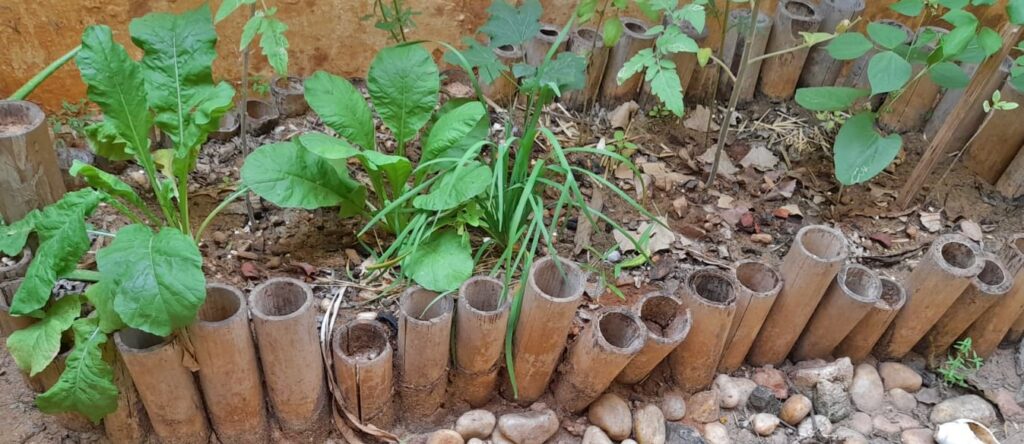How to start a vegetable garden for beginners

Gardening is quite a fun hobby and it can be great for overall physical and mental health. Knowing the basics of gardening, before planning a vegetable garden can help to produce positive results. A beginner gardener can find things like compost making, seed saving, fertilizing, mulching etc a bit too overwhelming. It’s quite easy to understand these things and knowing about them before starting a vegetable garden can help to create a successful vegetable garden.
How to start a vegetable garden for beginners:
1. Zones
It is very important to know in which zone you live in. Each zone has its climatic conditions and each crop grows well in that particular zone. By knowing which zone you are living in, you can know what crop grows well and at what time you can plant it.
2. Sunlight
Make sure to grow your crops in a location that gets 6 to 8 hours of sunlight every day. Most vegetable crops need good amounts of sunlight to grow well. Planting crops in locations that get less sunlight can affect the plant’s growth. At the same time, certain crops like spinach, kale, radish, carrot etc grow best in partial shade. Knowing which crops need good amounts of sunlight and which don’t is essential for starting a vegetable garden.
3. Amend the soil
To start a vegetable garden for beginners it’s important to prepare the right kind of soil for crops to grow. Growing crops in soil that is not fertile can affect the crop’s yields. Make sure to amend the soil with compost before planting your crops. Fertile soil is essential to get healthy plants that give good yields. It is important to know the type of soil that you are working on. If the soil is clay or sandy soil it will need some work before planting the crops. Find out what is the best kind of soil to grow vegetables here.
4. Watering
Both overwatering and underwatering can affect your crops. Before watering your plants use your finger to check the soil’s moisture levels. If the top 5 inches of the soil are dry then you can water your crops. If they are a bit moist then avoid watering your plants.
5. Companion planting
Knowing a bit about companion planting can give you a clear idea about what crops to plant next to one another. Companion planting is a technique where two or more crops are planted near one another to benefit both of them. Learn more about companion planting here.
6. Space
While companion planting can benefit your plants. Growing crops too close to one another can cause diseases and affect the plants. It is important to know that there must be a certain space between plants so that they do not get affected.
If you found this article helpful, dont forget to share.
Read more:
- Vegetables to grow for beginner gardeners in containers.
- Best soil for growing vegetables.
- Vegetables to grow in the fall season.
- Vegetables to grow in the summer season.
